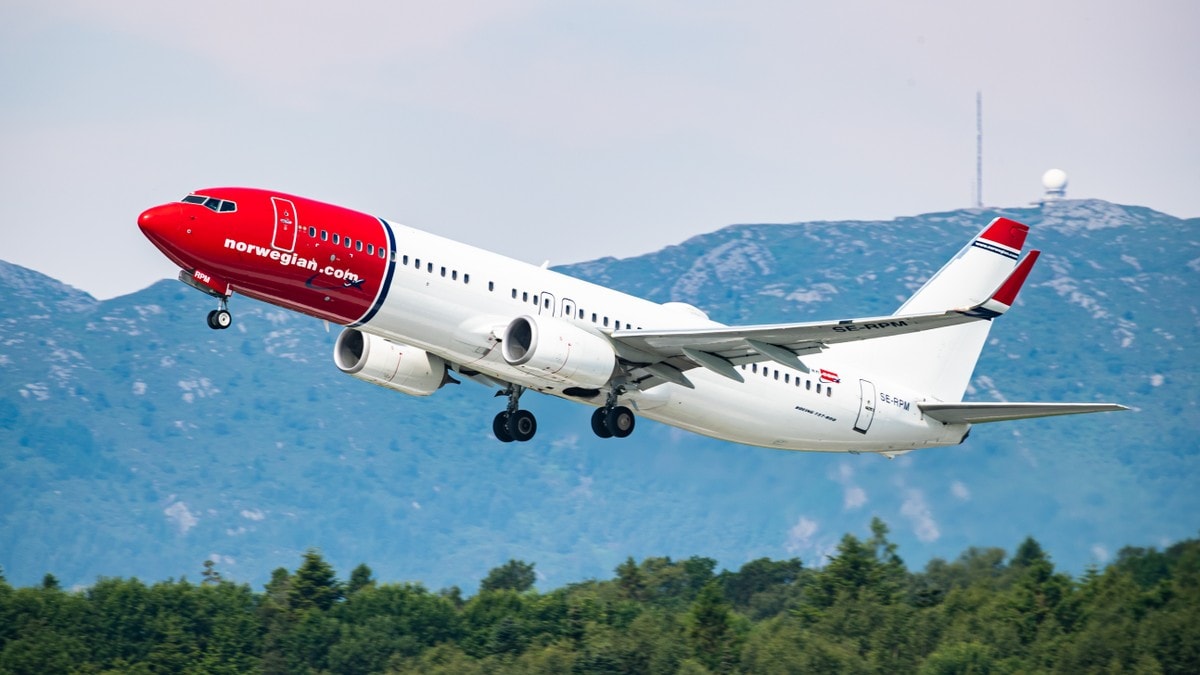The international textile certification body Oeko-Tex released its annual report on Monday, finding that sustainability certifications remain a major motivator in fashion.
Noting how the last year has turned the industry upside down, “the rapid progress of digitization and the growing international attention given to sustainable development are having positive influences on society and the economy,” said Georg Dieners, Secretary General of Oeko-Tex.
Dieners considers transparency tools a top priority among manufacturers – some regions more than others.
Over the past year, the organization issued 31,696 sustainability certificates and labels, up from 24,205 in 2020. Regions with the highest adoption of sustainability certifications include Asia, issuing 18,703 certifications, Western Europe delivering 8,663 certifications and the Middle East delivering 2,368 certifications, according to the report.
All Oeko-Tex certifications have seen increased adoption despite the pandemic, with an increase of 31% on average. But labels like the “Made in Green” standard, a responsible production marker, have seen a 108 percent increase in certifiers. The “ecological passport”, which controls harmful substances, was next, at 56%; the Leather Standard followed, at 30%, then the Standard 100 (another filter for harmful substances), at 20%, and finally STeP (a marker of socially responsible workplaces), with a 13% increase in l ‘adoption.
Site visits increased, with 5,026 visits for leather standards, for example, many of which were self-assessments due to pandemic restrictions.
The organization has also reached milestones of collaboration by working with the companies Quantis for the carbon and water footprint for textile processes and Spoor for the traceability of the leather supply chain. The tool has benefited factories by maintaining stronger guidelines on worker safety. It will allow companies to identify their potential for reducing carbon emissions and water consumption.
As with the Textile Exchange tools, the Oeko-Tex tools were included in Amazon’s launch of its Climate Pledge Friendly program and represent a growing alignment towards the United Nations Sustainable Development Goals, or SDGs, as well as the road to 1.5 degrees Celsius for global temperature warming. .
–

